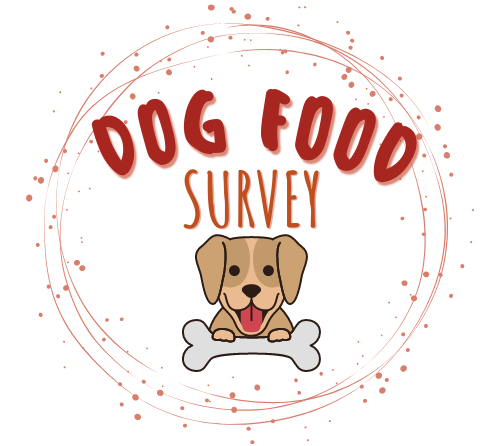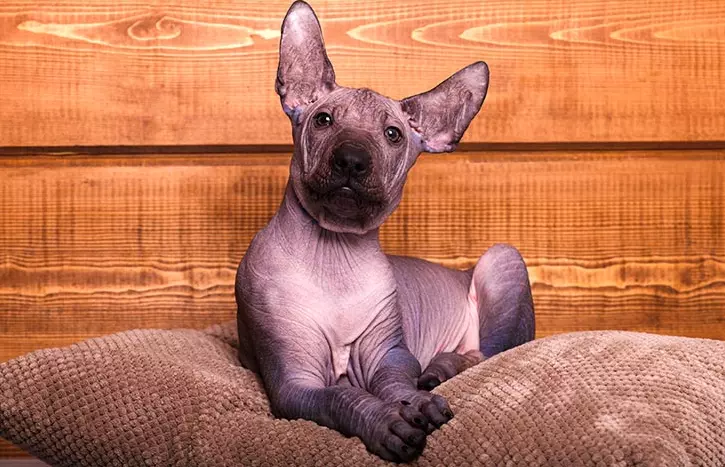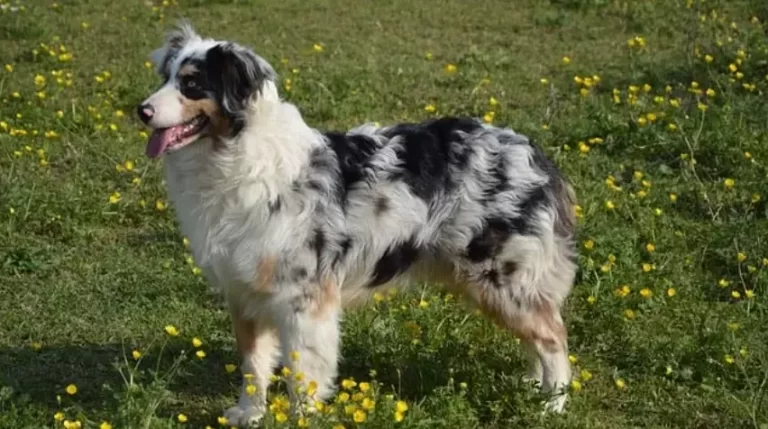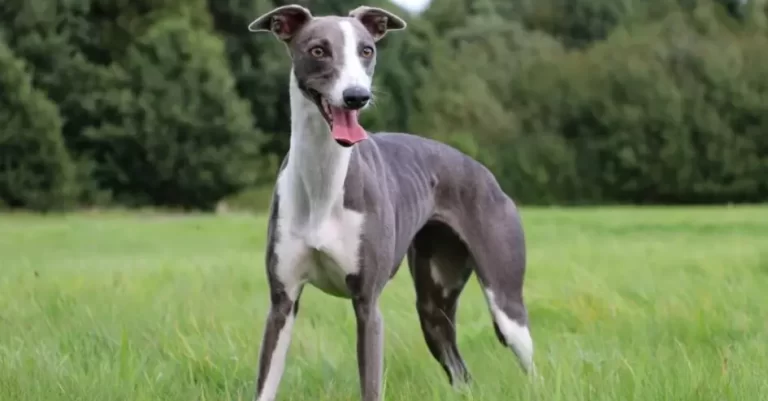Common Boston Terrier Food Allergies
Table of Contents
Dogs are more likely to have food allergies when they are younger. This is because the immune system is not fully developed. It takes a few years before the immune system becomes fully mature. The most Common Boston terrier food allergies in dogs are wheat, soy, and milk.
When dogs are fed foods high in carbohydrates, they can become obese. One of the main reasons dogs develop food allergies is the lack of proteins in their diets.
This can cause various health issues, including skin allergies, digestive issues, and breathing difficulties.
If you want to understand more about Boston terrier food allergies in dogs, read this blog page.
What are the common symptoms of dog food allergies?
Food allergies can cause the following symptoms:
- Swelling of the mouth and lips
- Redness of the skin
- Dry skin
- Dog’s itching
- Runny nose
- Vomiting
- Diarrhea
- Loss of appetite
- Bad breath
- Loss of body weight
- Increased scratching and biting.
Types of allergies in Boston terrier dogs:
The following are some common allergens in dogs:
1. Food Allergy
Dog allergies can be caused by many different foods, including some that are not commonly associated with them.
The following is a list of ingredients that develop allergies in dogs:
Shellfish: crab, lobster, shrimp, mussels, clams, and squid.
Soy: soybeans, soybean oil, soybean meal, soy flour, soybean protein, soy protein isolate, soy protein concentrate, and soy lecithin.
Milk: cow’s milk, goat’s milk, sheep’s milk, and powdered milk.
Wheat: wheat, wheat flour, wheat bran, wheat germ, wheat gluten, wheat gluten flour, wheat starch, wheat starch flour, and wheat syrup.
Eggs: egg yolk, egg white, and egg albumen.
Fish: cod, haddock, halibut, mackerel, salmon, and sardines.
Signs and symptoms
- Vomiting
- Diarrhea
- Coughing
- Labored breathing
- Sneezing
- Itching
Prevention
If you diagnose food allergies in dogs, there are many methods to prevent them from happening again.
First, it is important to ensure that the dog’s diet is balanced. If you suspect that your dog has a food allergy, it is important to keep a food diary and ensure that your dog has a balanced diet.
You also make sure that your dog has a diet that includes both protein and carbohydrates and that it is not just protein. If your dog has an allergy, be sure to get the proper care and medication for the allergy.
2. Pollen allergy
Pollen allergies in dogs are allergies that are caused by pollen. The most prevalent cause of rhinitis in dogs is pollen allergies.
In most cases, pollen allergies are caused by dust mites, grass, weeds, trees, and certain other plants.
Signs and allergy symptoms
Pollen allergies are common in dogs, especially in puppies. They can cause sneezing, itchy eyes, runny nose, nasal congestion, and scratching. The severe itching in dogs may lead to hair loss.
Prevention
The best way to prevent pollen allergies is to prevent your dog from getting pollen in the first place. This can be done by controlling the number of dogs in the house and ensuring that they are not allowed to play in grassy areas. The other way to prevent pollen allergies is to use an air purifier or a HEPA filter.
Treatment
If you think your dog has pollen allergies, then the first thing you should do is to keep him indoors. If he does get pollen on him, then wash him off with warm water and soap. After you wash him, put a shower cap on his head. If he is allergic to grass, keep him away from the grass. Do not feed him anything that he may have been exposed to.
3. Skin allergy
Skin allergy in dogs is caused by a protein called histamine. Histamine is a chemical produced in the body and is used to help fight against infections. In most cases, skin allergies are caused by flea bites. Flea bites contain a protein called the allergens that cause skin allergies.
Signs and symptoms
Skin allergies are very common in Boston terriers. They can cause itching and scratching. The itching may lead to hair loss and sometimes causes skin infections.
Prevention
The best approach to prevent skin allergies is to keep your dog indoors and away from fleas. If he is a puppy, then you should be sure to keep him away from fleas. The other way to prevent skin allergies is to keep your dog on a flea control product.
Treatment
If you observe skin allergy in your dog, then the first thing you should do is awash with warm water and soap. If he is allergic to fleas, then use flea shampoo on him. If he is allergic to food, feed him a portion of safe food.
What are the different kinds of tests to diagnose allergies in Boston terriers?
You can find some diagnostic tests to diagnose allergies in Boston terriers:
1. Skin Prick Test:
This test can be used to detect allergies in Boston terriers. You need to take a drop of the allergen and apply it to the dog’s skin. You’ll be able to notice the allergic reaction within a few hours.
2. Blood Test:
In Boston terriers, a blood test can be used to diagnose allergies. This test can detect the level of allergen-specific IgE in blood.
3. Nasal Swab:
In Boston terriers, nasal swab tests can be used to diagnose allergies. It would be preferable if you swabbed the dog’s nasal mucosa and placed it on the slide. You’ll be able to notice the allergic reaction within a few hours.
4. Hair Test:
This test can be used to detect allergies in Boston terriers. You need to take the hair of the dog and put it on the slide. After a few hours, you will be able to see the allergic reaction.
6. Cytokine Assay:
The cytokine assay can be used to detect allergies in the Boston terrier. In this test, the dog’s blood is taken from the vein. It is used to check the immunological response in dogs.
7. ELISA Test:
This test is also known as the Enzyme-Linked Immunosorbent Assay. This test detects Immunoglobulin E (IgE) in the dog’s blood. This test is also used to check the allergic reaction.
8. PCR Analysis:
The PCR test is also known as Polymerase Chain Reaction. It is used to detect the DNA in the dog’s blood. It is used to check the infection in the dog’s blood.
How do you know if your dog is allergic to wheat?
Your dog will have the following signs of food allergies:
- Watery diarrhea
- Loss of appetite
- Bad breath
- Loss of body weight
- Increased scratching and biting.

What is the type of food that causes allergies in Boston terriers?
The following are some different kinds of food allergies in Boston terrier dogs:
1. Milk allergies
Milk allergies in Boston terrier dogs are the most common food allergies. In these cases, the dog will experience vomiting, diarrhea, and a runny nose when fed with milk. The symptoms are similar to a dog allergic to other kinds of food.
2. Eggs
Egg allergies in Boston terrier dogs are the second most common food allergies in the Boston terrier dog breed.
This allergy is more common in dogs fed with eggs from the first day of life.
3. Wheat
Wheat allergies in Boston terrier dogs are the third most common food allergy.
4. Soy
Soy allergies in Boston terrier dogs are the fourth most common food allergies in the Boston terrier dog breed.
Are Boston Terriers prone to food allergies?
Food allergies and conditions are hereditary and vary across dogs. But most common breeds tend to be more prone to developing allergies or other related conditions. For example, dogs with fur coats are less prone to allergy, whereas terriers have a coat prone to itchiness and other issues.
You can consult with your vet to determine the best way to control food allergies in your dog. It should also observe that certain foods can worsen your pet’s condition, so you need to be conscious about what you feed your dog.
What are some various kinds of allergic therapies for Boston terriers?
There are different types of immunotherapy, including subcutaneous immunotherapy (SIT), sublingual immunotherapy (SLIT), and allergen-specific immunotherapy (AIT).
Allergen-specific immunotherapy (AIT) is a form of allergy therapy in which a person is given an increasing quantity of the substance they are allergic. It is the most effective form of allergy therapy.
Subcutaneous immunotherapy (SIT) works by helping your immune system learn to tolerate the antigen. It is usually given by injection into the skin or subcutaneous tissue. Allergen-specific immunotherapy is also called subcutaneous immunotherapy.
Sublingual immunotherapy (SLIT) is also a form of allergy therapy similar to SIT. The main difference is that it is administered in a liquid form. It is often used to treat seasonal allergic rhinitis and some food allergies.
What is the best dog food for preventing allergies in Boston terriers?
Several dog food for Boston terriers can help your dog fight against allergies. The following are some diets to prevent allergies in Boston terriers:
Hypoallergenic diet
A hypoallergenic diet for dogs is a type of food specifically designed to reduce the incidence of allergies in dogs. This diet has a lower protein content than regular dog food.
It is a suitable food for dogs who have allergic skin conditions. The diet is specially formulated to meet dogs’ nutritional requirements and contains all essential amino acids, and reduces the risk of allergies.
The amount of protein in this dog chow has been lowered. This reduces the risk of allergies and is one of the best dog food for allergies in Boston terriers.
Omega 3 fatty acids
Omega 3 fatty acids are also beneficial for dogs with allergies. These fatty acids help to reduce the risk of allergies. It also reduces the risk of skin problems in dogs and is found in fish oil.
Low starch diet
A low-starch diet is also one of the best dog foods for allergies in Boston terriers. It helps to eliminate the risk of allergies in dogs. It also helps to reduce the risk of skin problems in dogs.
High fiber diet
A high fiber diet is one of the best dog foods for allergies in Boston terriers. It assists in the prevention of several types of allergies in dogs.
Low sugar diet
A low sugar diet helps to reduce the risk of allergies in dogs. This diet is mainly used for dogs prone to allergies.
Low-fat diet
A low-fat diet is also one of the best dog foods for allergies in Boston terriers. This diet helps to reduce the risk of allergies in dogs. It also helps to reduce the risk of skin problems in dogs. On this occasion, this diet is specially formulated to meet dogs’ nutritional requirements and reduce the risk of allergies.
Frequently Asked Questions
What is the Treatment for Dogs With Allergies?
When a dog becomes allergic to something, there are several ways to treat them. One way is to use a topical treatment, such as an ointment.
Some veterinarians recommend using an oral desensitization vaccine. If you observe your pet is sneezing or wheezing more than usual after playing with other dogs, have your veterinarian administer a dose of an antihistamine.
If you feel that this may not be enough to help your dog out, ask your vet about a trial of antihistamines that will get into their blood faster. These medications are very effective in helping your dog out if they are suffering from allergies.
What are some natural remedies to prevent dog allergies?
The following are some remedies for dog owners to prevent allergic reactions in Boston terriers:
Please ensure that your pet has a Canine Distemper Virus vaccination.
Keeping the dog inside.
Keep the dog away from your children’s toys.
Use a flea allergic dermatitis spray to de-cluttering your home to help eliminate allergens.
Also, if the dog is allergic to something in your home (such as dust mites), keep it out of your bedroom and have your air cleaned.
Are Boston Terriers dogs allergic to rice?
Yes, Boston Terriers are dog allergic to rice. Rice is a common allergen in dogs and is the third most common cause of food allergies in dogs. Boston Terriers are particularly sensitive to rice because they have a hypersensitive immune system.
What are the different types of allergy shots?
Allergy shots are the most effective and common form of allergy treatment in Boston terriers. They are administered by injecting a small amount of allergen into the skin. Allergy injections have been used for over a century and have proven safe and efficient.
Allergy shots are made from various allergens, such as pollens, molds, dust mites, and pet dander. They are often given over several months, with each injection smaller than a rice grain.
Conclusion
A common food allergy in Boston terriers is wheat, corn, and soy. These allergies can cause vomiting, diarrhea, and skin rashes. These are the most prevalent signs and symptoms, but they’re not the only ones. If you suspect that your Boston terrier is suffering from a food allergy, ask your vet about the best diet for your dog. Have you tried any other food brands besides the ones listed? Let us know what you think in the comments below.
- 1xbet официального Сайт Казино Игровыми Автоматами 1хбет - April 17, 2024
- Бездепозитные Бонусы За Регистрацию и Онлайн Казино 202 - April 9, 2024
- Yeni Deneme Bonusu Veren On Line Casino Siteler - January 31, 2024








